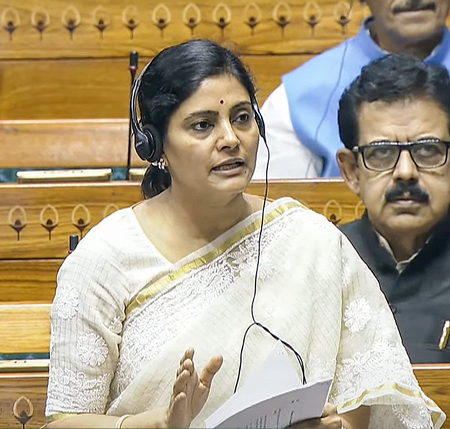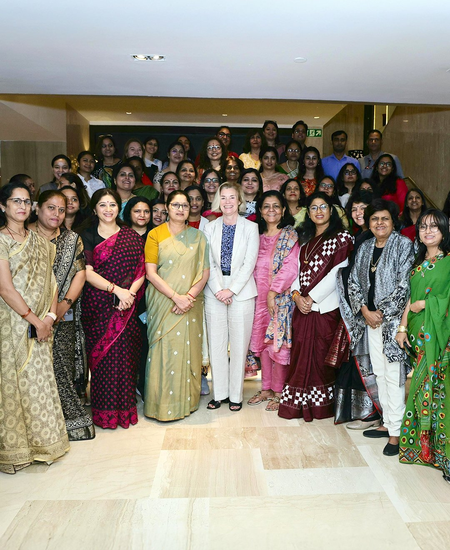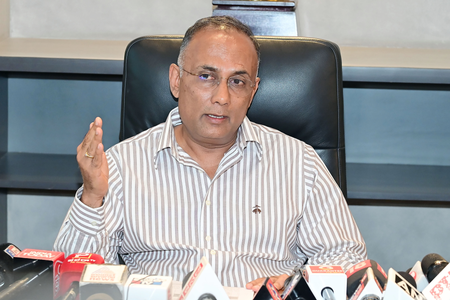
New Delhi, Aug 8 (IANS) A total of 224 cases of Japanese Encephalitis (JE) — a viral disease transmitted by mosquitoes — have been reported from 11 states in 2025, the government informed the Parliament on Friday.
In a written reply to a query in Lok Sabha, Anupriya Patel, Union Minister of State for Health and Family Welfare, shared the number of recorded cases of encephalitis — inflammation of the brain, often due to bacterial or viral infection — in the country during the last five years.
Compared to the last five years, the year 2025, till June 30, experienced the lowest number of JE cases.
“The 11 states with JE encephalitis cases in 2025 are Assam, Bihar, Jharkhand, Karnataka, Manipur, Meghalaya, Odisha, Tamil Nadu, Tripura, Uttar Pradesh, and West Bengal,” Patel said.
While Assam saw the highest cases of JE encephalitis — 127 –, Uttar Pradesh, with just 2 cases, was the lowest.
In 2020, there were 729 cases, which rose to 787 in 2021, and to 1,109 in 2022. In 2023, it slightly dipped to 1,107, while 2024 saw the highest number of cases — 1,472, Patel said.
“The National Centre for Vector Borne Diseases Control (NCVBDC) under the Ministry of Health and Family Welfare maintains surveillance data on Japanese Encephalitis (JE) cases,” the MoS said.
“While multiple factors contribute to the encephalitis burden in India, including environmental, socio-economic, nutritional, and others, it is acknowledged that timely and standardised disease reporting plays a critical role in effective surveillance and response,” she added.
The Minister noted that the Ministry of Health and Family Welfare has strengthened its disease surveillance architecture.
Integrated Disease Surveillance Program (IDSP) is an important programme under the National Health Mission that conducts disease surveillance in the country.
“IDSP is implemented in all 36 States/UTs. The programme is responsible for the surveillance of epidemic-prone diseases, including Acute Encephalitis Syndrome (AES) and Japanese Encephalitis (JE). It facilitates early detection and timely response to outbreaks,” Patel said.
Under the IDSP, weekly reporting from districts is carried out through a three-tier system (S, P, and L forms. These capture suspected cases and laboratory-confirmed cases of AES/JE.
“Further, to strengthen the disease surveillance in the country, the IDSP has shifted from a paper-based weekly reporting to a paperless reporting through Integrated Health Information Platform (IHIP),” the Minister said.
IHIP is an information platform that integrates data from various “registries” to provide near real-time information on health surveillance from across India for decision-makers to take appropriate public health action.
IHIP allows case-based surveillance with geo-tagging, decision support tools, and integrated dashboards.
NCVBDC also has a dedicated Japanese Encephalitis (JE) control programme named the National Programme for Prevention and Control of Japanese Encephalitis (JE).
–IANS
rvt/




